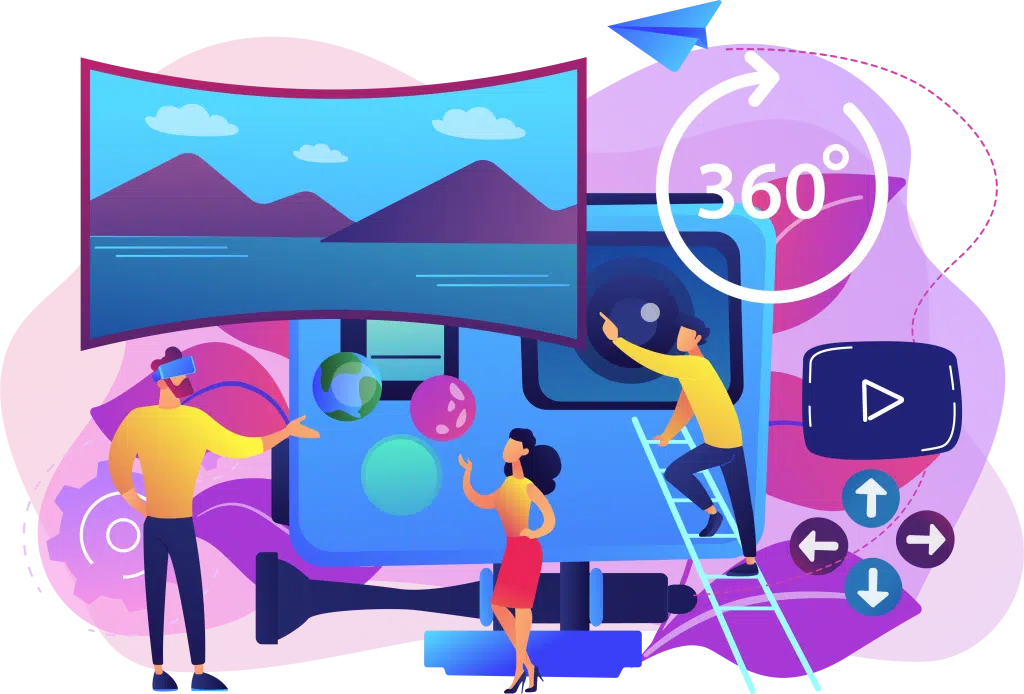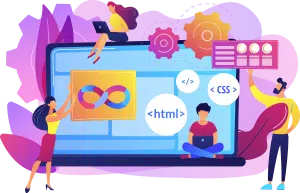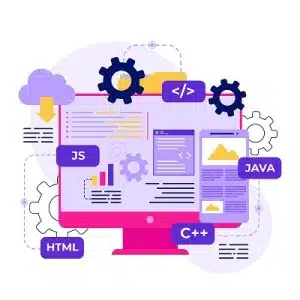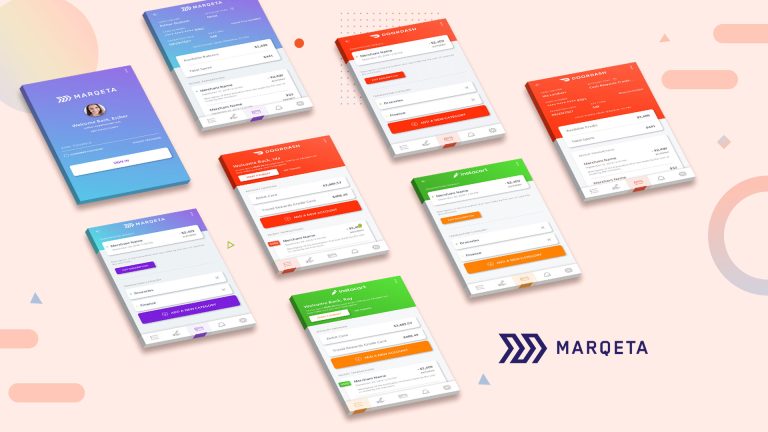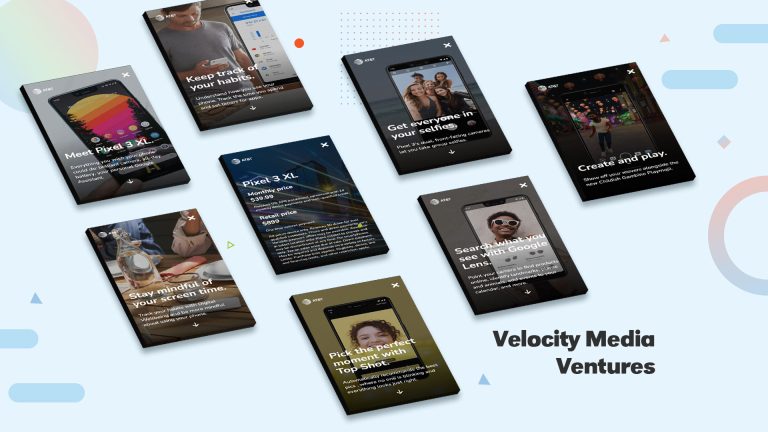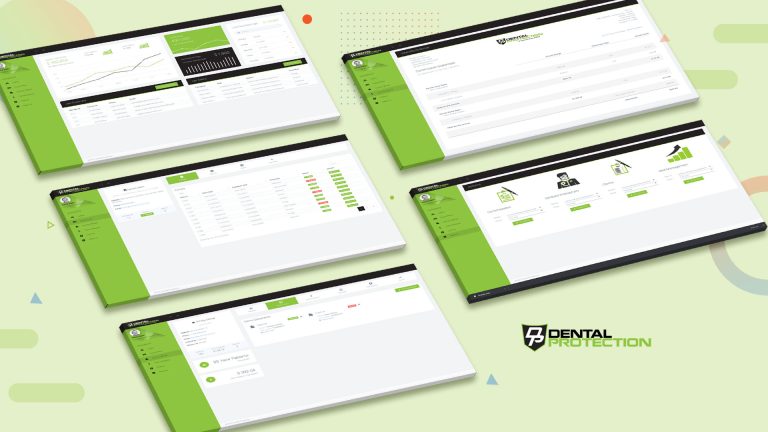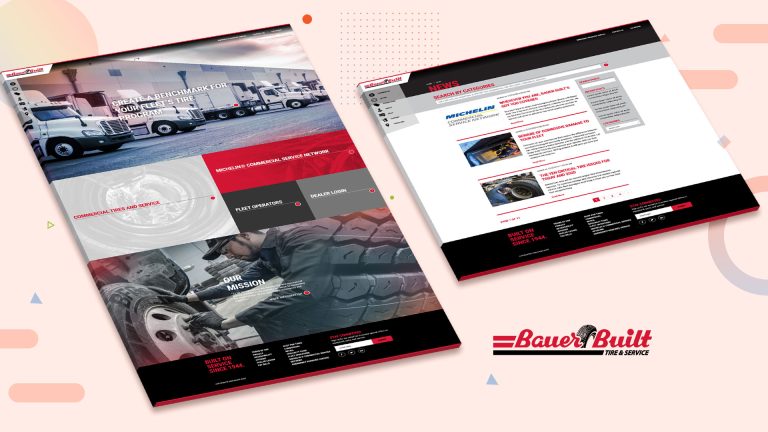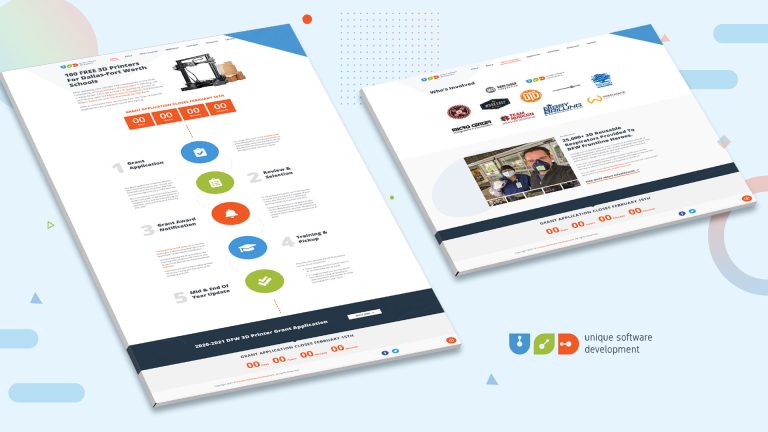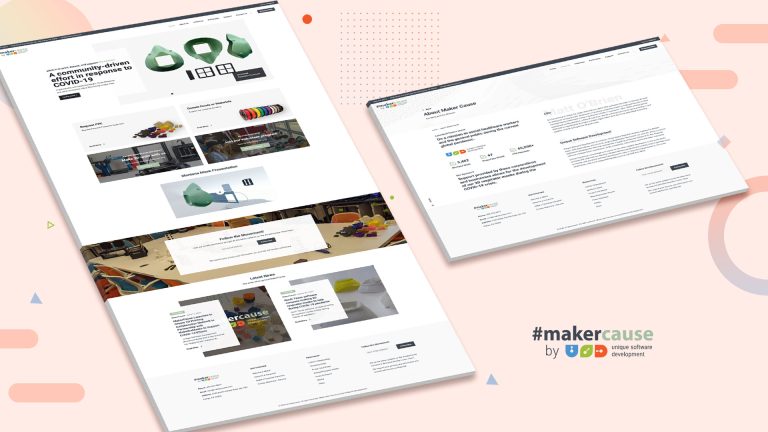Table of Contents
ToggleWhen diving into mobile app development, choosing the right programming language is like picking the right tool for a job. Just as a painter needs the right brush to create a masterpiece, developers need the right language to build robust, efficient, and user-friendly apps. In the mobile app arena, Swift (not “Taylor”) and Kotlin are two of the most popular languages. Both have their strengths, but the choice between them can shape the future of your project. So, which is better for mobile app development? Let’s break it down as per the expert developers at Unique Software Development.
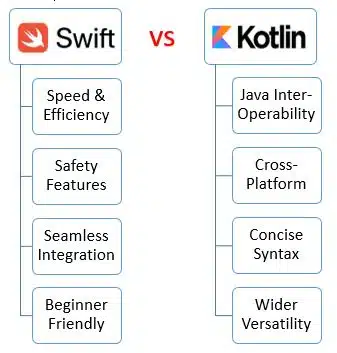
Swift Programming Language
Imagine Swift as the sleek, speedy sports car of programming languages. Developed by Apple in 2014, Swift was designed to be fast, safe, and expressive, with tools for iOS app development in fewer code lines. Swift replaced Objective-C, Apple’s earlier programming language, offering a more modern and approachable syntax.
One of the biggest advantages of Swift is its integration with Xcode, Apple’s powerful Integrated Development Environment (IDE). It’s like having a GPS in that sports car, guiding developers smoothly through the development process. The language is designed to prevent common programming errors, like null pointer exceptions, preventing apps from unexpected crashes. It’s like a sports car with premium safety features, allowing us to drive at top speed while minimizing the risk of accidents. The key strengths are:
- Performance – Optimization for speed and efficiency on Apple platforms, delivering high performance in iOS, macOS, watchOS, and tvOS apps.
- Safety Features – Designed to prevent common programming errors, reducing the risk of crashes with features like optionals and strong typing.
- Seamless Integration – Works seamlessly with Apple’s ecosystem and tools, including Xcode, providing a smooth development experience.
- Beginner-Friendly – Clean and readable syntax, making it easier for new developers to learn and use effectively.
Kotlin Programming Language
On the other side of the garage, we have Kotlin, the versatile and reliable all-terrain vehicle of programming languages. Kotlin was introduced by JetBrains in 2011 and was officially endorsed by Google in 2017 as the preferred language for Android app development. Just as an all-terrain vehicle can handle diverse road conditions, Kotlin is known for its flexibility, interoperability with Java, and ability to run on different platforms, including Android, iOS, and even backend systems.
Kotlin’s interoperability with Java is one of its standout features. It’s a vehicle that offers both manual and automatic transmission, letting developers use Java code or write new Kotlin code. It makes Kotlin an ideal choice for projects that need to integrate with legacy systems or leverage existing Java libraries. Furthermore, its concise syntax helps developers write cleaner, more readable code, reducing the likelihood of bugs and speeding up development. Its strengths are:
- Interoperability with Java – Allows seamless integration with existing Java codebases, making it ideal for projects that require both languages.
- Cross-Platform Development – Supports multiplatform projects, enabling developers to write code that runs on Android, iOS, and beyond.
- Concise Syntax – Reduces boilerplate code, allowing developers to write cleaner and more efficient code, which leads to faster development.
- Versatility – It may be used for a wide range of applications, including mobile, web, and backend development, making it a flexible choice for diverse projects.
Kotlin vs Swift – Key Differences
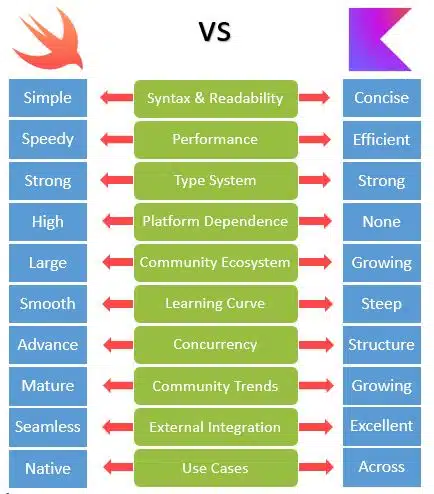
When comparing Swift vs Kotlin, it’s like comparing two top-tier athletes who excel in different sports. Both languages are modern, expressive, and designed for developing mobile apps, but they shine in different areas.
1. Platform Focus
Swift is primarily used for iOS, macOS, watchOS, and tvOS development, making it the go-to language for Apple platforms. Kotlin, while originally developed for Android, has evolved into a cross-platform language, allowing developers to write code that runs on Android, iOS, and more.
2. Interoperability
Kotlin’s ability to work seamlessly with Java is a significant advantage, especially for Android developers transitioning from Java. Swift, on the other hand, is designed to integrate smoothly with Objective-C, Apple’s older language. It’s not advisable to compare a multilingual person with one who knows a single language but can also translate glyphs.
3. Syntax and Usability
Both Swift and Kotlin have a clean, modern syntax that reduces the amount of boilerplate code developers need to write. However, Swift’s syntax is often praised for being more beginner-friendly, making it easier for new developers to pick up. Kotlin’s syntax, while also clean, is heavily influenced by Java, making it a natural transition for those familiar with Java.
4. Community and Support
Swift, being backed by Apple, has a large and active community with extensive documentation and a wealth of tutorials available. Kotlin, supported by Google, also has a strong community, particularly within the Android development ecosystem. Both have their discrete fan bases.
5. Learning Curve
The learning curve for Swift is generally smoother, especially for beginners, due to its clean and straightforward syntax catering to readability. Kotlin, while being user-friendly, is slightly more challenging for learners as it incorporates many modern features that take time to master. However, developers who are familiar with Java often find Kotlin easier to pick up.
Which is Better for Mobile App Development?
Deciding on Kotlin vs Swift for mobile app development is like choosing between athletes for your team—it depends on the game you’re playing. If you’re developing exclusively for Apple platforms, Swift is the clear choice. Its deep integration with Apple’s ecosystem and tools like Xcode makes it the best option for creating high-performance iOS apps.
On the other hand, if your focus is on Android development or if you’re interested in cross-platform solutions, Kotlin is your ideal language. Its interoperability with Java, flexibility, and growing multiplatform development support make it an excellent choice for Android apps and beyond. Kotlin also offers the potential for shared codebases across Android and iOS, which can be a game-changer for projects that require apps on both platforms.
Conclusion
In the end, the choice of Swift vs Kotlin depends on your project’s needs and your development goals. Both languages are powerful tools in the hands of skillful developers, each offering unique advantages. Whether you’re building an iOS app with Swift or crafting an Android solution with Kotlin, understanding their strengths is necessary. Just like choosing a suitable vehicle, picking the right language can make all the difference in your journey to success. If you don’t have time to indulge in technical details, Unique Software Development is the door to knock. Although we don’t make or modify cars, we do create and modernize mobile apps and solutions.















